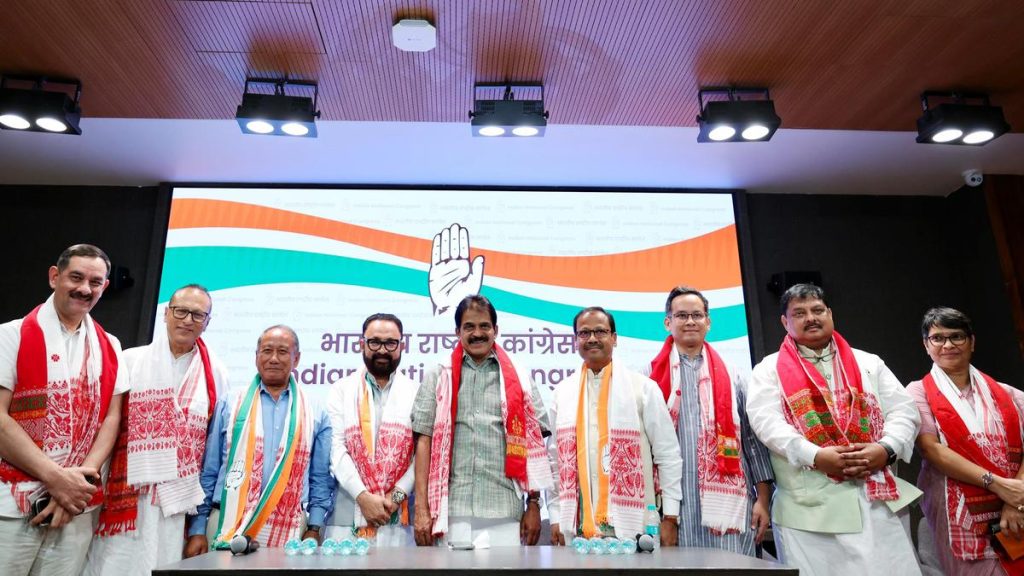Now Reading: NASA Budget Cuts Risk U.S. Leadership in Space Exploration
-
01
NASA Budget Cuts Risk U.S. Leadership in Space Exploration
NASA Budget Cuts Risk U.S. Leadership in Space Exploration

Fast Summary
- The Trump governance is proposing significant budget cuts to NASA’s science missions, potentially ending new plans like the mars sample Return mission.
- Cuts could impact America’s space exploration legacy, threatening planetary research programs and technological leadership globally.
- china is advancing its own space initiatives including lunar rovers, Mars exploration, and human missions, highlighting a growing geopolitical competition in science and technology.
- the Artemis program for U.S.human moon missions faces delays and setbacks such as repeated failures of SpaceX’s Starship rocket system.
- Critics argue these budget reductions reflect a broader trend of diminishing U.S. investment in scientific innovation, which could have long-term consequences on global leadership.
Image 1: !Archival image of Astronaut Alan Bean on surface of the moon
Caption: Apollo 12 astronaut Alan Bean during the second moonwalk EVA (NASA/Recall Pictures/Alamy Stock Photo).
Image 2: !Selfie taken on Mars by land rover Curiosity
Caption: Curiosity rover created this self-portrait at Gale Crater using MAHLI (NASA/JPL-Caltech/MSSS).
Indian Opinion Analysis
This development underscores how shifts in government priorities can considerably influence long-term scientific pursuits. The proposed U.S. cuts to NASA’s space science budget may leave samples stranded on Mars or halt innovations that previously inspired global collaboration. While budget constraints are common across nations’ scientific sectors, India’s ISRO has frequently enough demonstrated an ability to balance resource limitations with impactful results-like specialized lunar probes (Chandrayaan) and interplanetary endeavors (Mangalyaan).For india specifically, a contraction in American advancements could either open pathways for enhanced international partnerships or motivate greater independence in indigenous technologies for deep-space exploration.As rival powers such as China forge ahead confidently with large-scale space programs juxtaposed against waning investments elsewhere among developed nations like the U.S., India may need to reassess its positioning within rapidly evolving geopolitical landscapes.
Key lessons emerge regarding potential areas where Indian policymakers might emphasize maintaining steady commitment toward systemic improvements-balancing pragmatic economic concerns while broadening public-private integrations within strategic aerospace industries.


























